Since I was seven, I’ve had a white, fortune-cookie-shaped scar on my shin. It was the result of a deep cut that needed 60 stitches to close and left no flesh between the scar and the bone. Occasionally, a chair leg or rogue soccer ball will hit it just so, and I anticipate the cushion of tissue, only to feel the press of hard bone against my paper-thin skin. It’s a ghostly feeling, like when an amputee tries to scratch an itch on a limb they no longer have. The mind knows it’s gone, but it rejects that knowledge as protection from the pain of living without a piece of yourself.
This is what grief is like.
At first, you look down at the wound that has bloodied your life and the shock is paralyzing. You move tenuously, as if you’re made of glass. Then comes the anger, which may be the only thing you feel for a while, aside from the conviction that this is all a big misunderstanding, that the person you lost is actually traveling in Spain and will return any day. This is a self-protective haze in which reality will poke slowly-expanding holes, like in pantyhose, until there is no separation between you and the nightmare you keep trying to shake off. It really did happen, and there’s no making it un-happen. You may want to take to your bed with the lights off, indefinitely. There are plenty of people who do it, you tell yourself, literally, metaphorically, or both. But you are not one of them; your survival instinct is too strong. And there’s no way your kid will let you sleep past 7 a.m.
Because you are still breathing, you have no choice but to re-enter life, and it’s like learning to walk again after your legs have atrophied. As you take step after tentative step, managing a day of work or cooking a real meal for your family, you feel as if you’re playing at being a functional human, while inside, you’re just a hunk of gutted flesh. You stumble at times, swept away by tears in inappropriate places. Your faculties are compromised; you may decide that this is the perfect time to relocate with your husband and child to another country, then return after four months when you realize there’s no outrunning your loss. (Don’t do this. I speak from experience.)
With time, you rebuild your strength. Color returns to your face. People aren’t afraid to touch you anymore, because you’re not so breakable. More time passes, and you might go a whole hour, even a whole day, without thinking about them. The idea of attending a party or a concert might appeal to you (though you still have the excuse of mourning to fall back on). One day, you’ll surprise yourself by laughing from your belly. You catch your reflection in the mirror and notice some life there, though you’re sadder now around the eyes.
Then you get the news that a new, unexpected life is coming, and a part of you opens that you thought was closed forever. You begin to air out, expand, no longer huddled around the memories you fear will die without your attention. Your focus is turned forward now, instead of backward. When the baby comes, the sight of his face both strains the seams of your heart with an uncontainable joy, and rips your wound open anew, bleeding wave after wave of fresh grief. You realize there will never be a happiness in your life again without a shadow behind it.
Years pass, and your pain sensors adjust to make the loss bearable. There is never a “moving on”, only “living with”. The pulse of your grief settles down from its high intensity into a calmer, steadier rhythm, a white noise blending into the background. But there will always be heartbreaks, connected like satellites to the Source, that bring it back to the fore: birthdays, holidays, and anniversaries; family gatherings in which their absence is palpable. Grabbing the phone to call them and report the daily victories and setbacks, only to remember they’re not there. No matter how much you know better, that impulse never fully goes away.
But.
The time will also come when a cousin loses her baby in the second trimester, or a friend’s father is given a diagnosis of terminal cancer, and you are the one they call. You will cry with them, dipping into your own well, and you won’t try to make it better. You will share your experience, not to instruct, but to show them they are not alone. You won’t lie to them and say it will end happily, because it may not. But it will be okay, you assure them, no matter what happens. You think you won’t survive, but you do. You get up in the morning, get dressed, and put on the coffee. One step at a time.
After enough times, you will see that your grief, like everything we’re given, is a blessing. An ugly one, but a blessing just the same. Because now you have something to give away which will both help someone else and draw them closer to you. Your wound is like Chiron’s, the immortal centaur shot by a poisoned arrow, who lives eternally in pain. Chiron uses his wound to heal others, his pain transformed into power.
Grief is no longer something you dwell with alone.
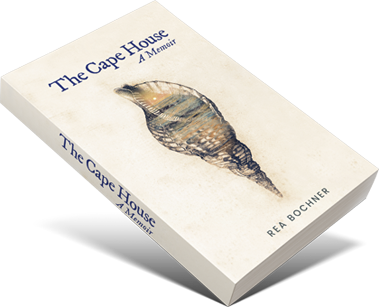

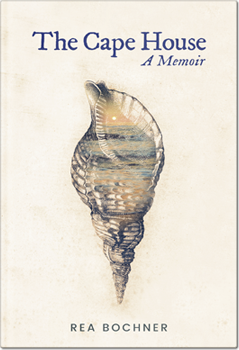

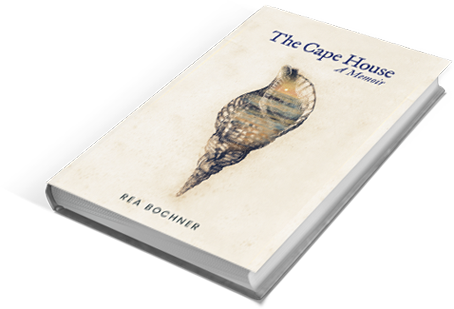

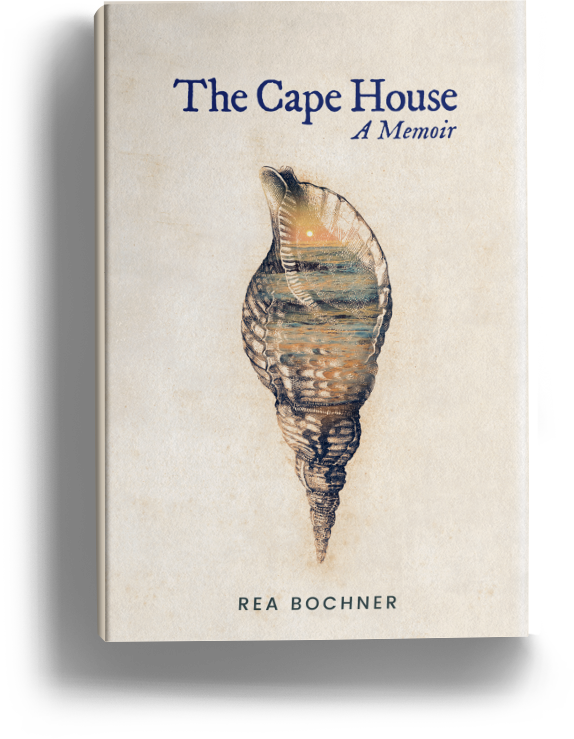


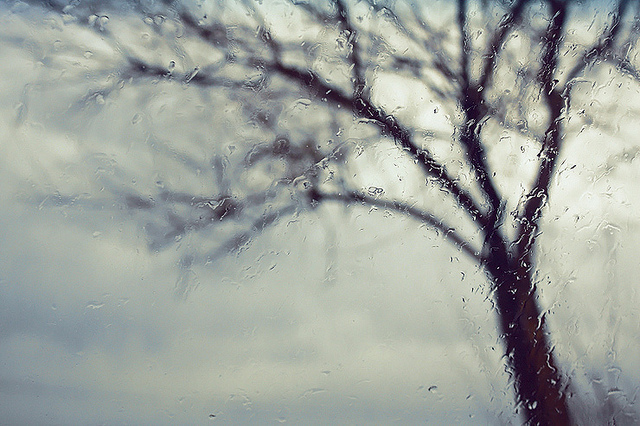


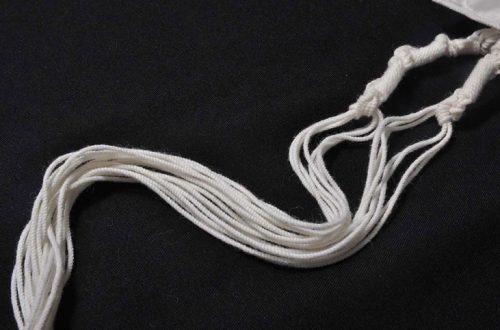
Laura wieland says:
Wow. Beautifully written and what a tribute to your mother who lives on forever with this amazing book. “You think you won’t survive, but you do.” How I can relate…..
Danielle A Spiro says:
<3.
Martyne says:
I will read this over and over so I know what I feel is not crazy but real….